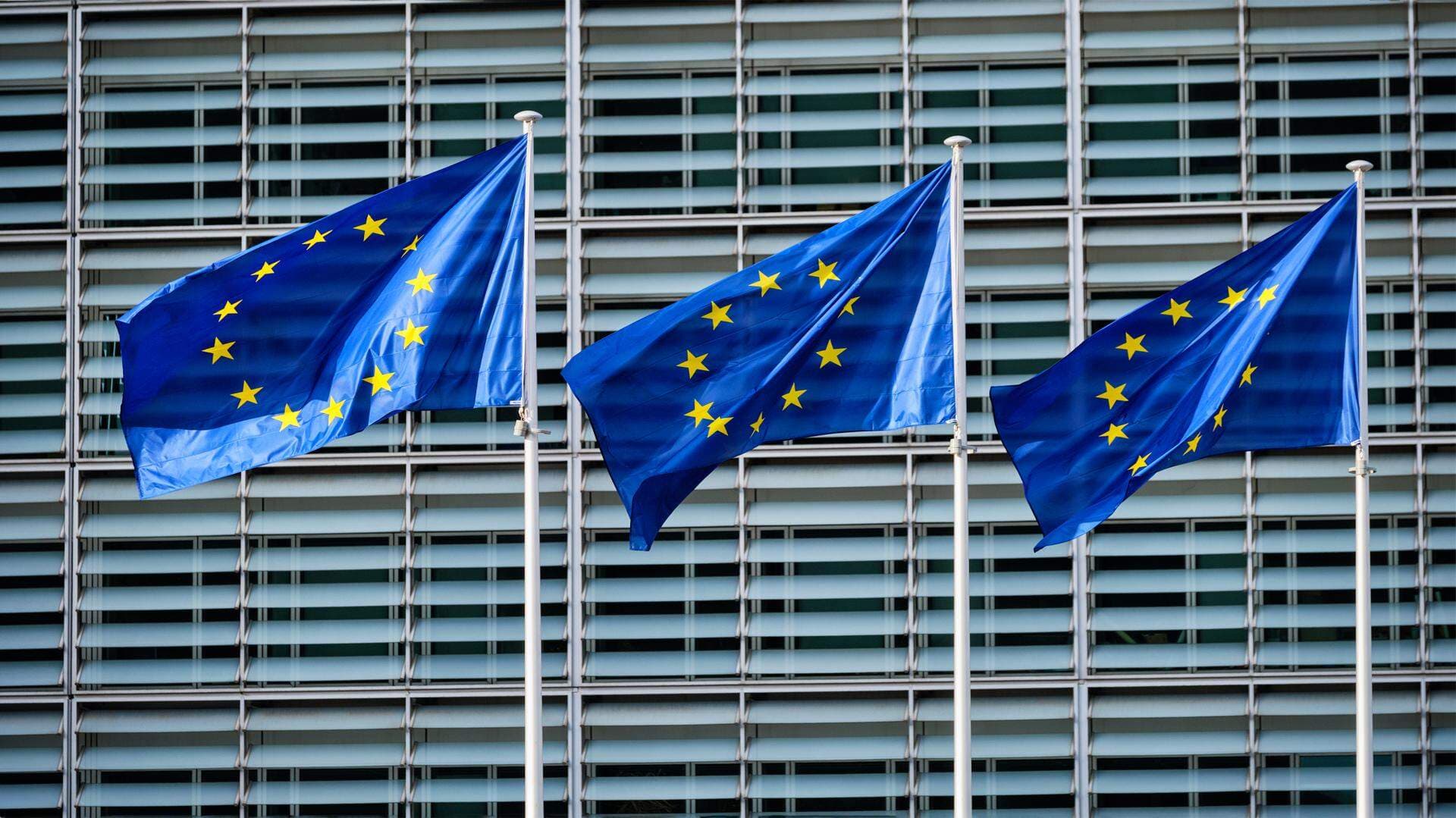Position Paper on the proposal to regulate digital services through the Digital Services Act and the Digital Markets Act
The 27th of May, ministers from the EU Member States met in the Competitiveness Council (Single Market and Industry) to discuss the Digital Services Act (DSA) and the Digital Markets Act (DMA) for the first time. These are two wide-ranging items of legislation, which are proposed to apply to a number of services we all use; they are expected to have a huge impact once they come into force.

The two Acts aim to regulate digital services such as cloud services, search engines, social media platforms, online marketplaces and app stores, although they approach the targets from different starting points.
The DSA aims to modernise the current legal framework for digital services, which has remained unchanged since 2000. Among other goals, it seeks to adapt and align liability rules with the digital reality of today’s world.
To combat illegal online content, the DSA proposes new obligations for digital service providers through the introduction of increasingly strict requirements, including on transparency to authorities and end users. This way, the DSA can prevent potential widespread proliferation and harm while avoiding overly burdensome and costly rules for smaller service providers.
As the act aims at covering digital services that are hugely diverse, there could be no ‘one-size-fits-all’ solution to apply to all services. The Commission has wisely taken into account the differences that exist between different types of digital service providers. However, the distinctions between the categories are not very detailed and further descriptions and examples of service providers falling within the different categories would be useful, making it clear to the companies what obligations they are subjected to.
Another challenge for the legislation is the definition of what constitutes illegal content. For example, content that a user uploads to a platform and thereby shares publicly may be legal in the country where the user is located, but at the same time it may be illegal in the country where the platform is established or in any country where the content is consumed. The Confederation of Swedish Enterprise has developed, together with business organisations in Denmark and Finland, a joint position on this and other positions and issues in relation to the proposal.
We support the proposal to supplement existing competition law with rules to ensure that competitive markets in the digital sector are more predictable and effective.
It must be possible for companies to challenge existing players in digital markets and to create growth, both on their own merits and by offering innovative and efficient services.
A harmonized regulatory framework should be safeguarded as much as possible. Additional national legislative initiatives covering the same competencies should be avoided, to reduce the risk of overlapping or conflicting regulation.
Conferring on the Commission investigative, enforcement and monitoring powers, and involving Member States through the Advisory Committee on Digital Markets, will contribute to the uniform application of the law.
The Commission should allocate the resources required to be able to exercise effective and efficient supervision of the DMA once it enters into force.
The DMA should be very clear on who is targeted and apply to companies that have the greatest market power and the ability to exercise such power in the digital markets.
The DMA should apply extraterritorially to digital platforms based outside of Europe but offering their services to business users and end users based within it.
The quantitative thresholds set out in Article 3(2) contribute to predictability and legal certainty. The threshold values should be evaluated in connection with the review of the regulation.
The possibility of designating gatekeeper status to a company through additional criteria in Article 3(6) provide flexibility, but the criteria need to be further clarified as business need legal certainty.
We support the proposal in Article 3(7), that the Commission shall determine the core platform services offered by the gatekeepers and which of those would be subject to the obligations in Articles 5 and 6.
For the regulation to remain relevant over time and to continue to contribute to predictability, innovative power and a good investment climate, the rules must - as far as possible - be principle based and technology neutral.
A regulatory dialogue - such as that proposed in Article 7 - is important. It increases legal certainty, proportionality and relevance. Any gatekeeper who is subject to a review by the Commission must therefore always be given the opportunity to comment.
We question the possibility of suspending an individual core platform service from specific obligations on the grounds of financial considerations (Article 8).
The conditions for exempting an individual core platform service from certain public interest obligations (Article 9) should be further clarified.
You can find our position paper on the DSA proposal, including background documents, here.
The Confederation of Swedish Enterprise, together with Denmark, Finland and Norway, has also previously published our comments on the DMA proposal. This aims to supplement the current competition law framework with rules to ensure that competition-driven markets in the digital sector function more predictably and effectively.
You can find our position paper on the DMA proposal here.